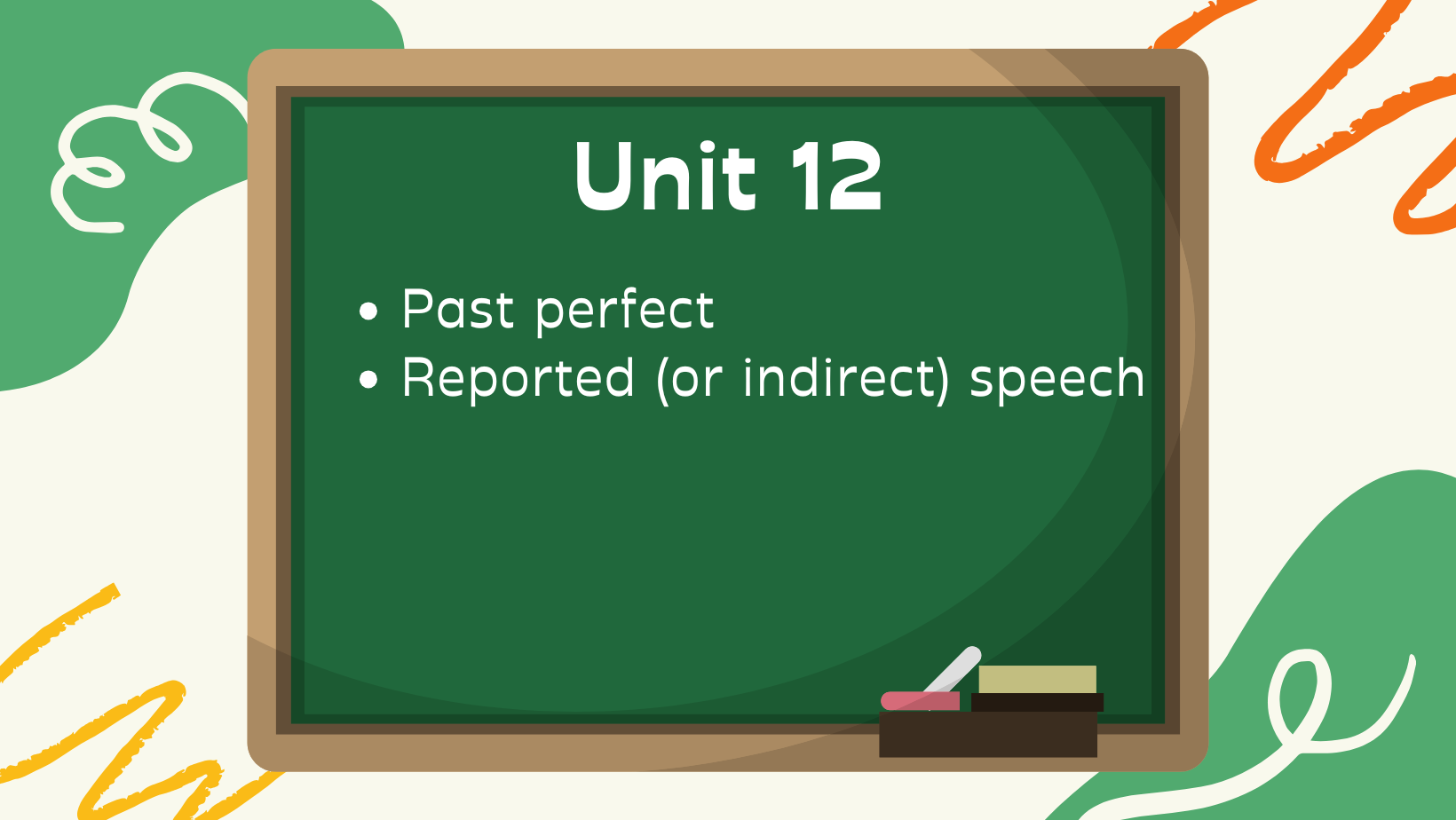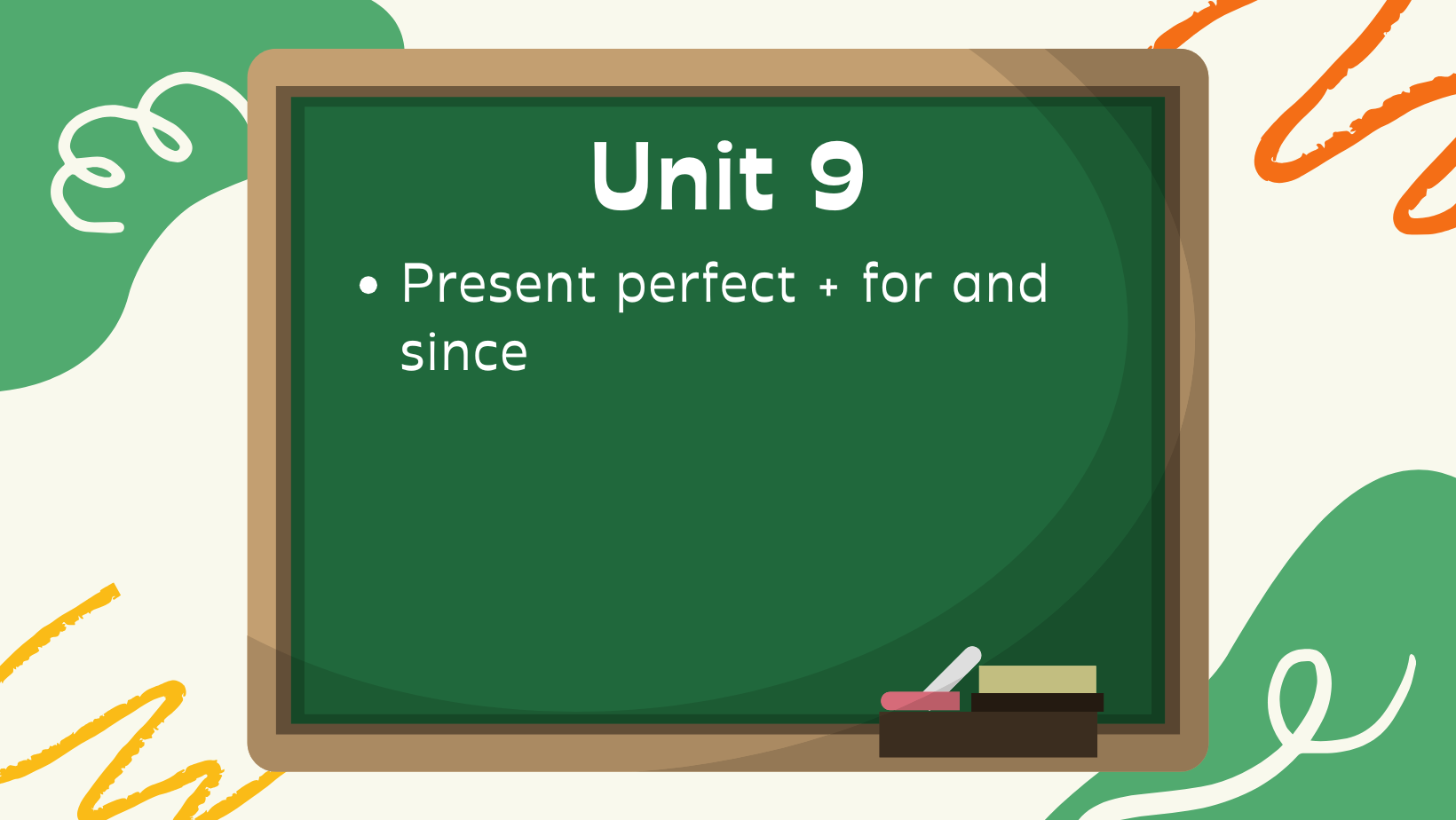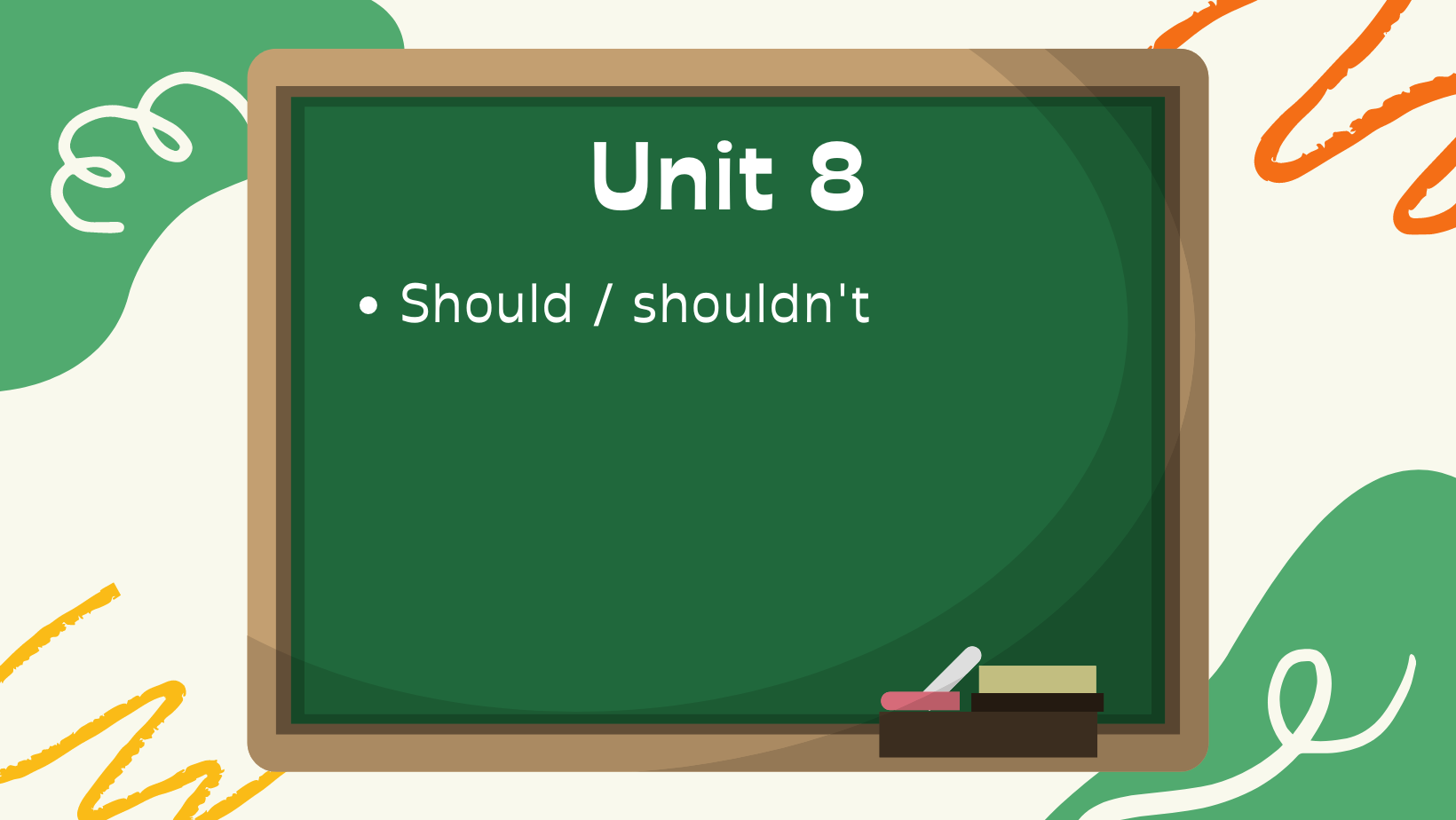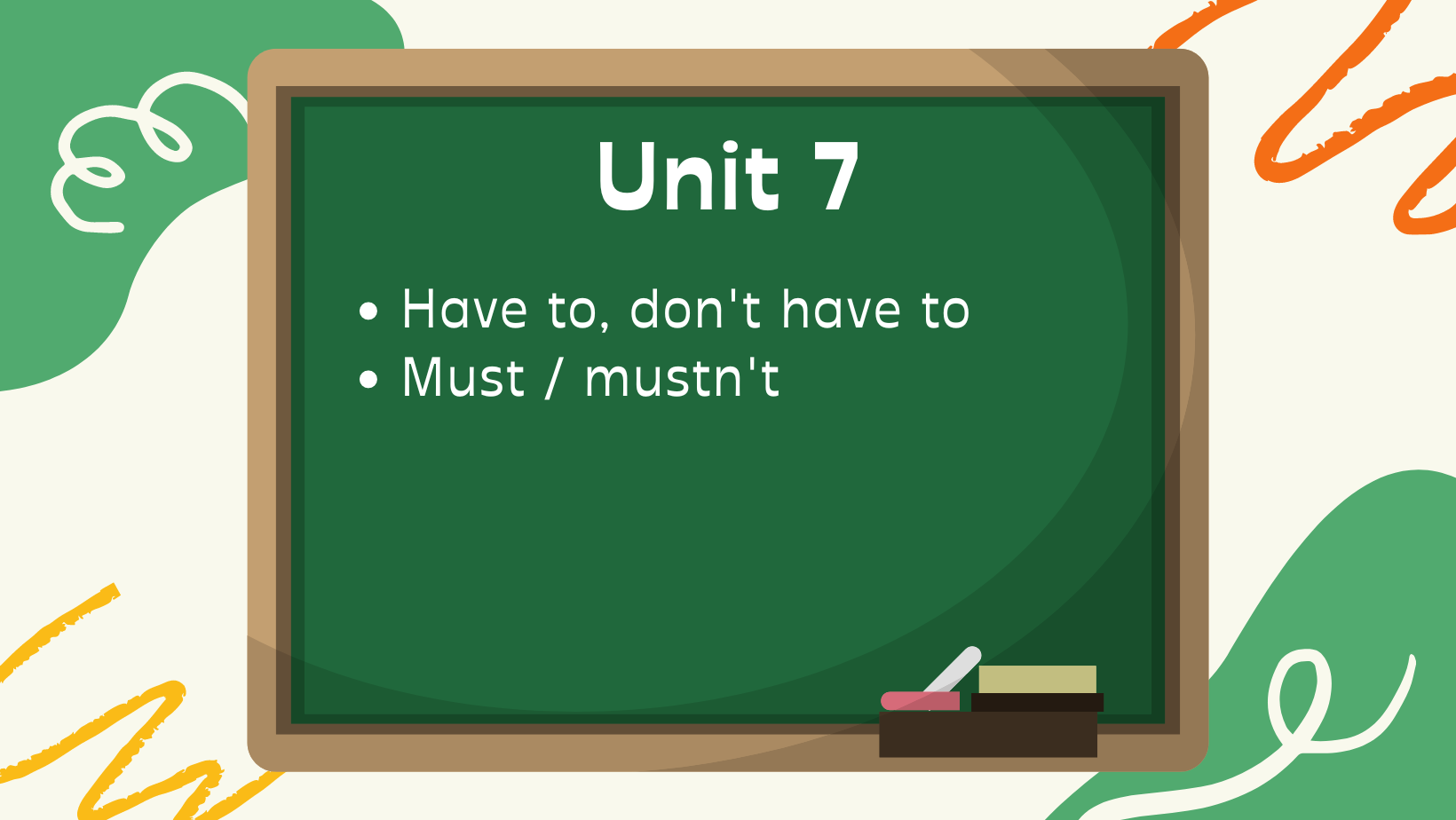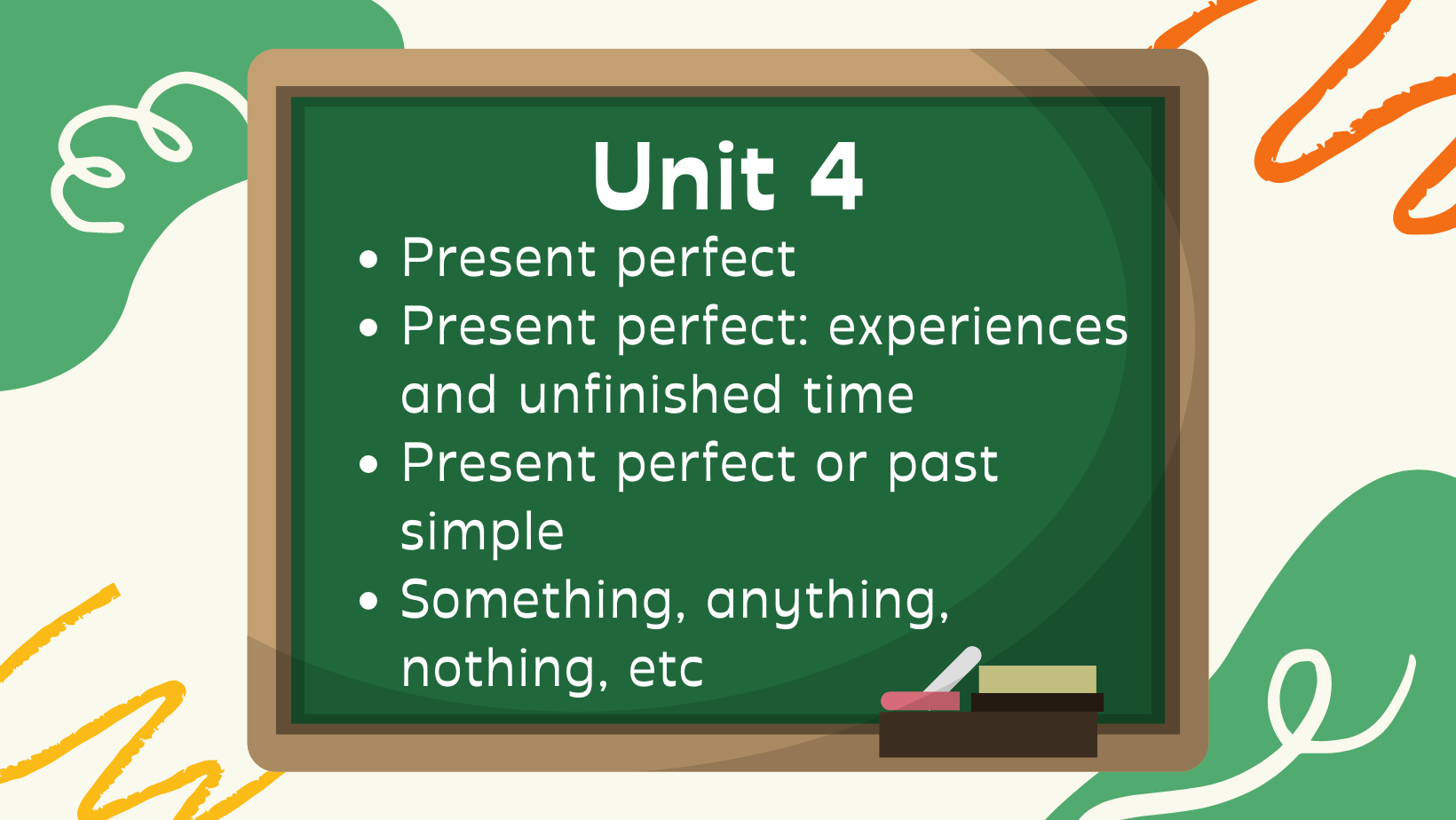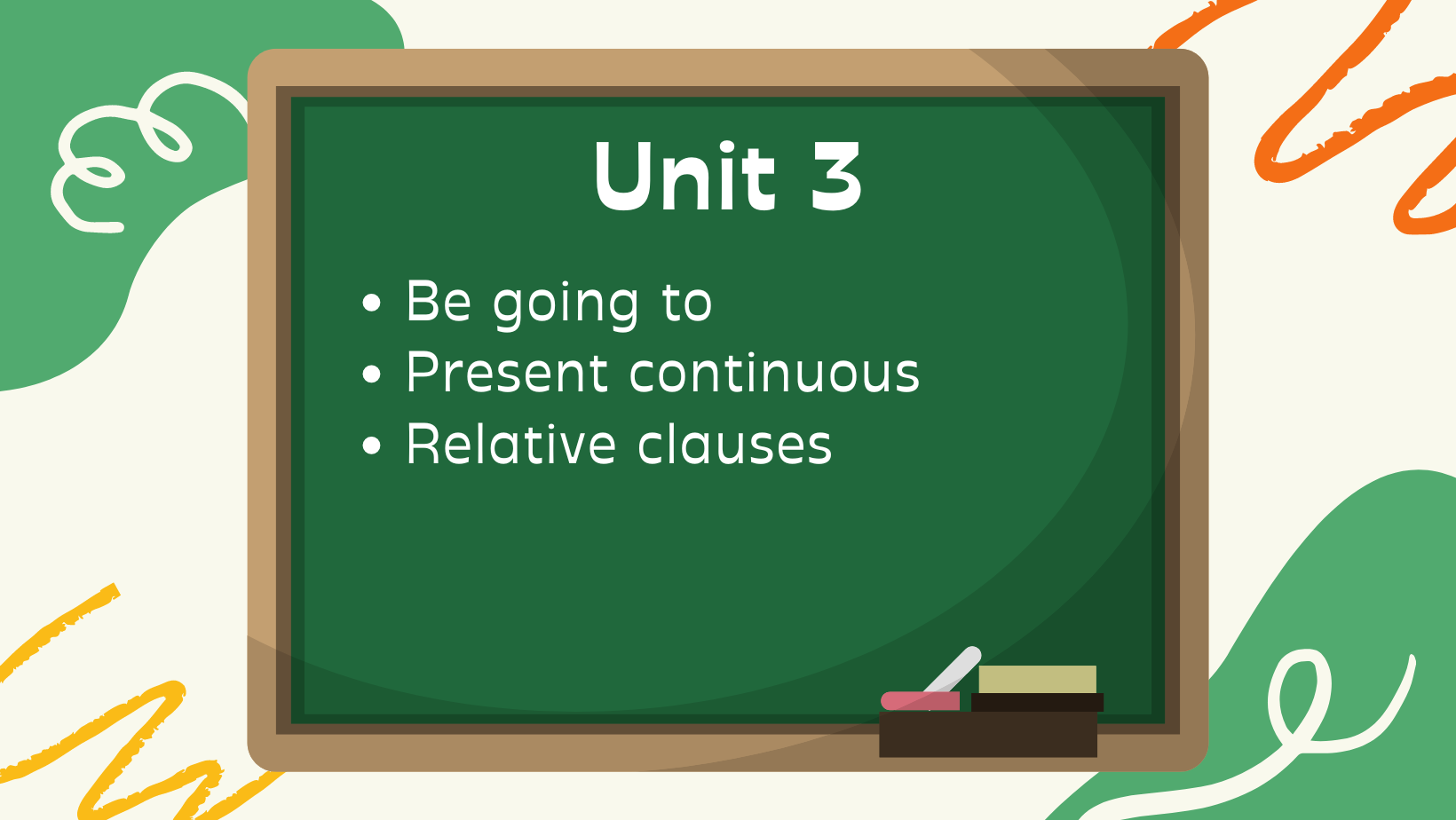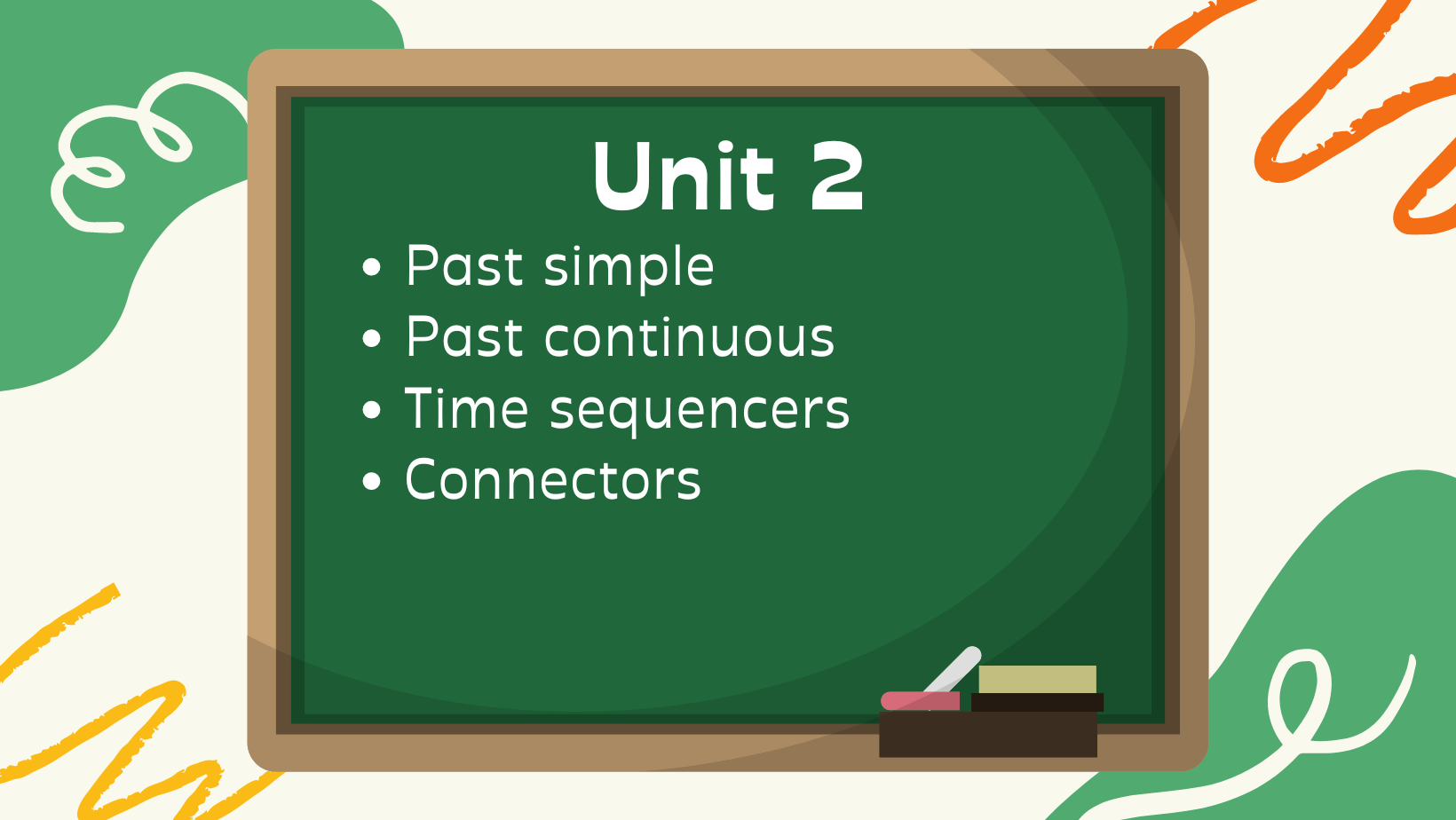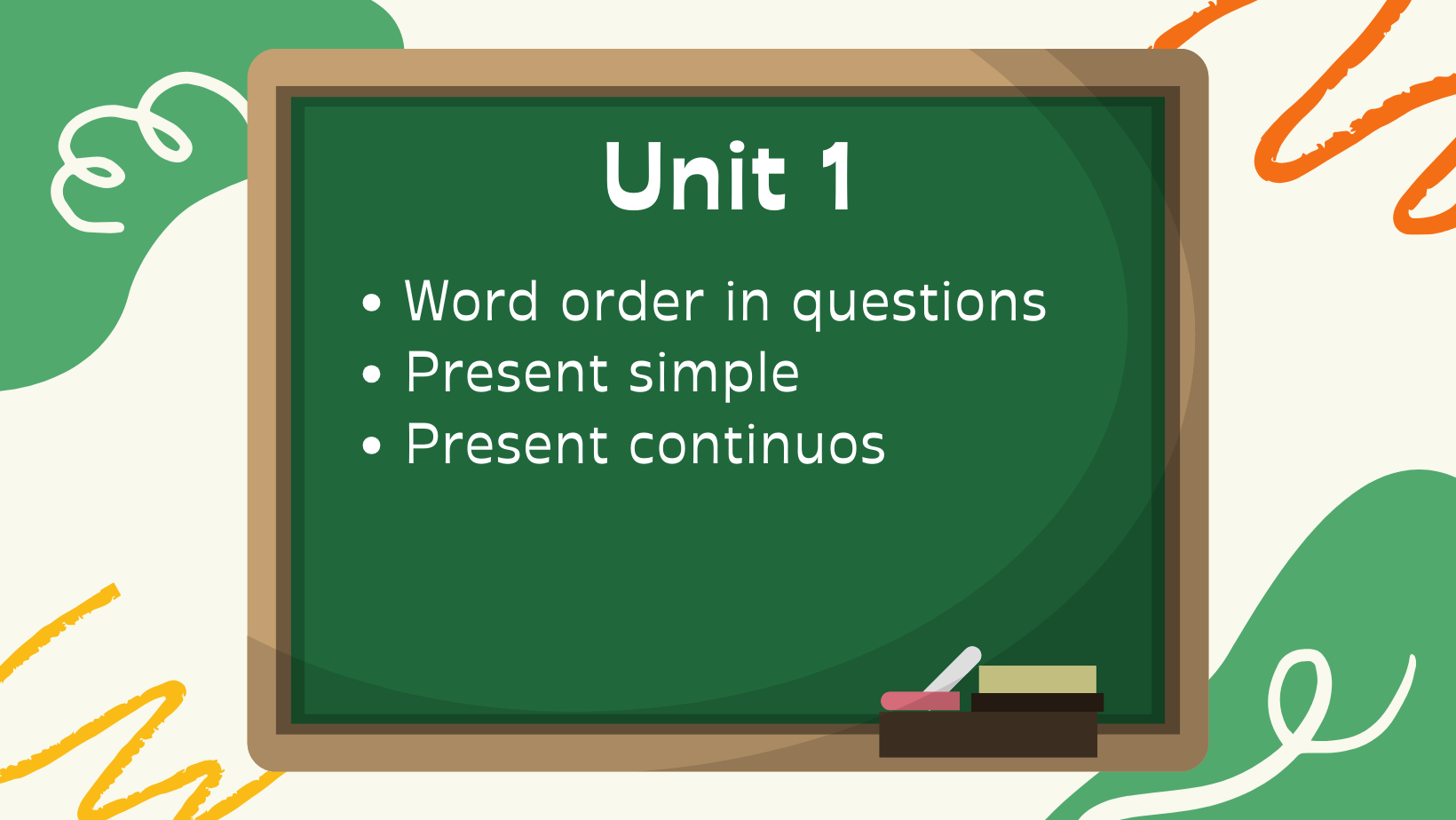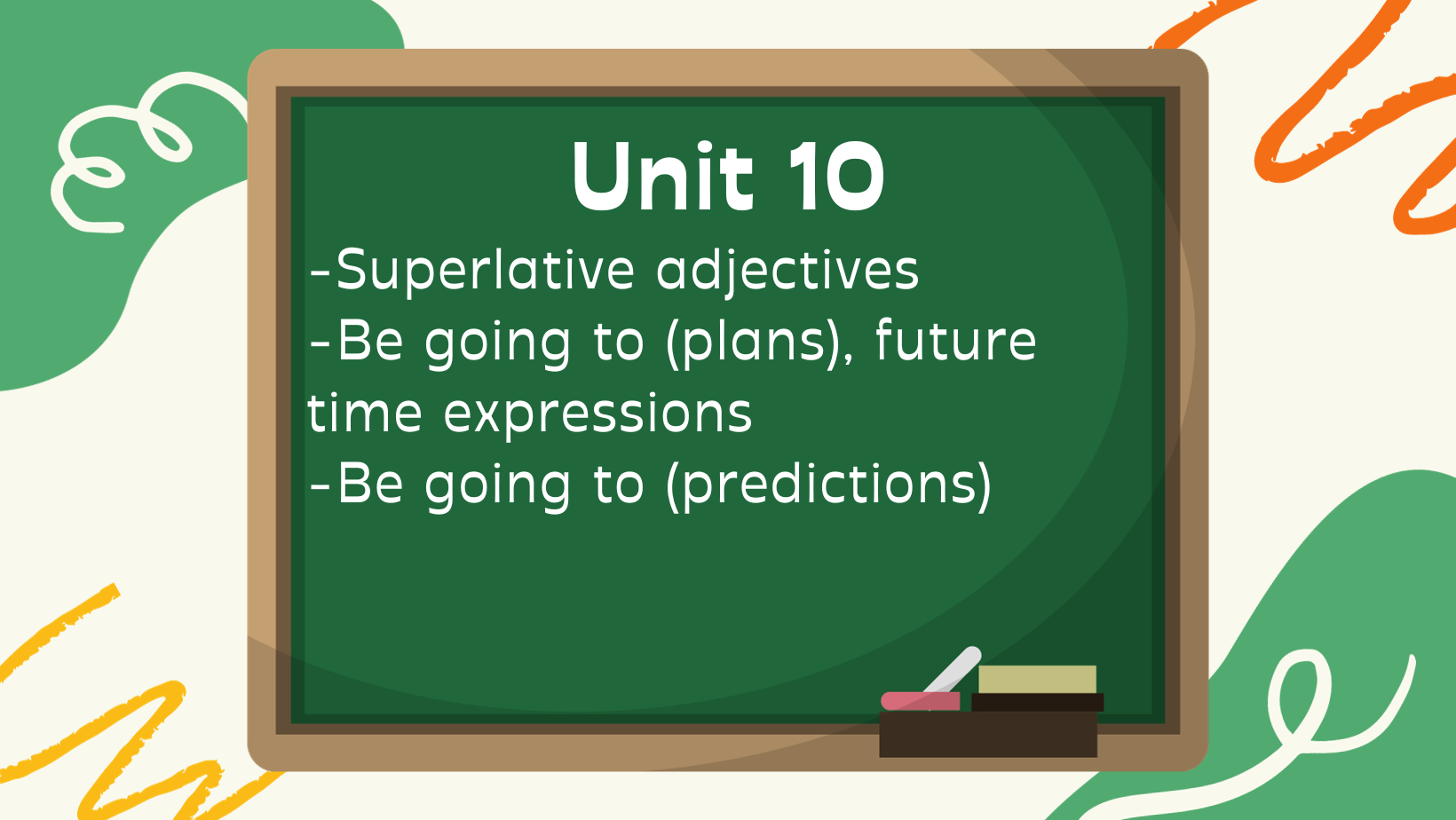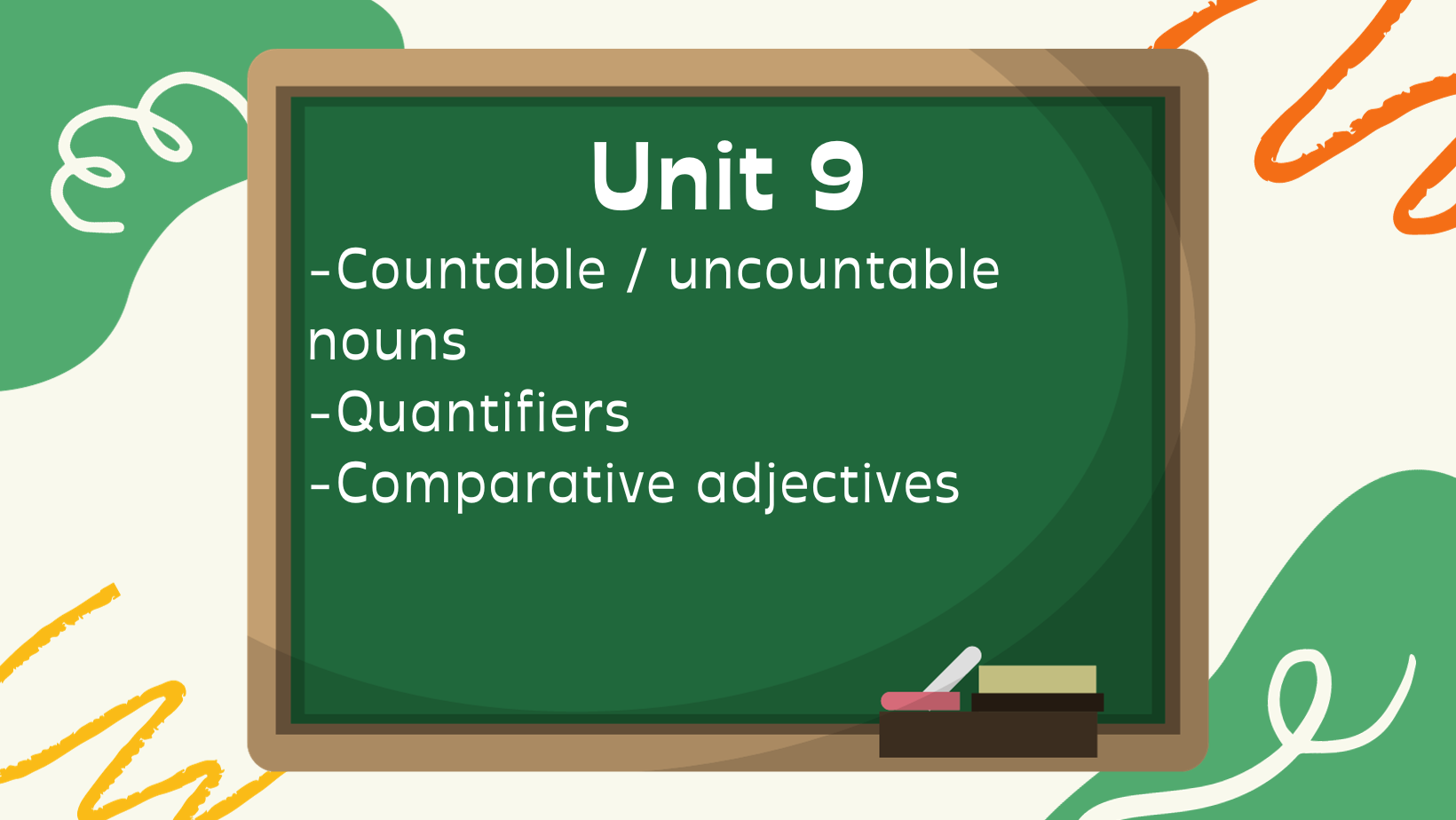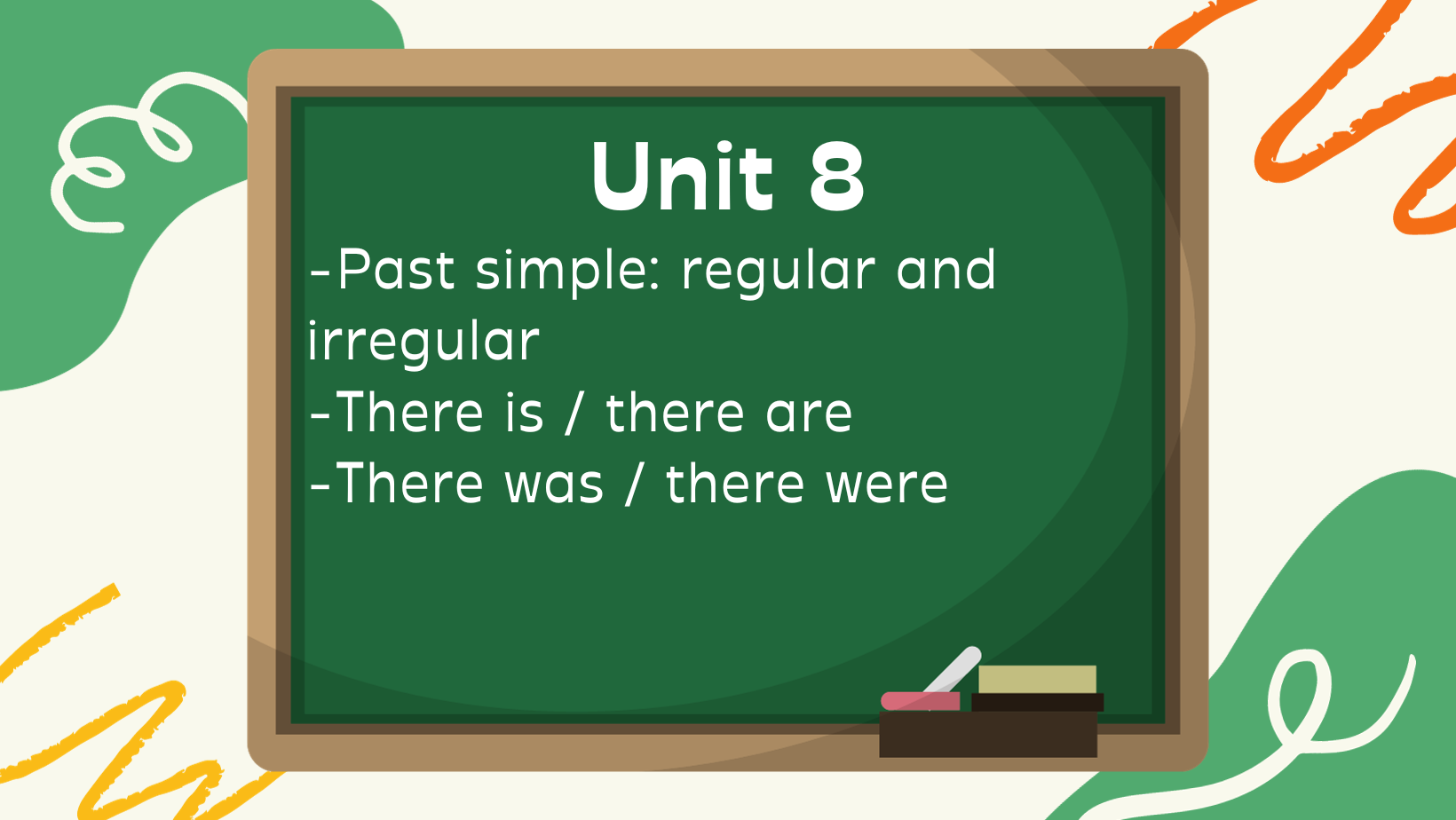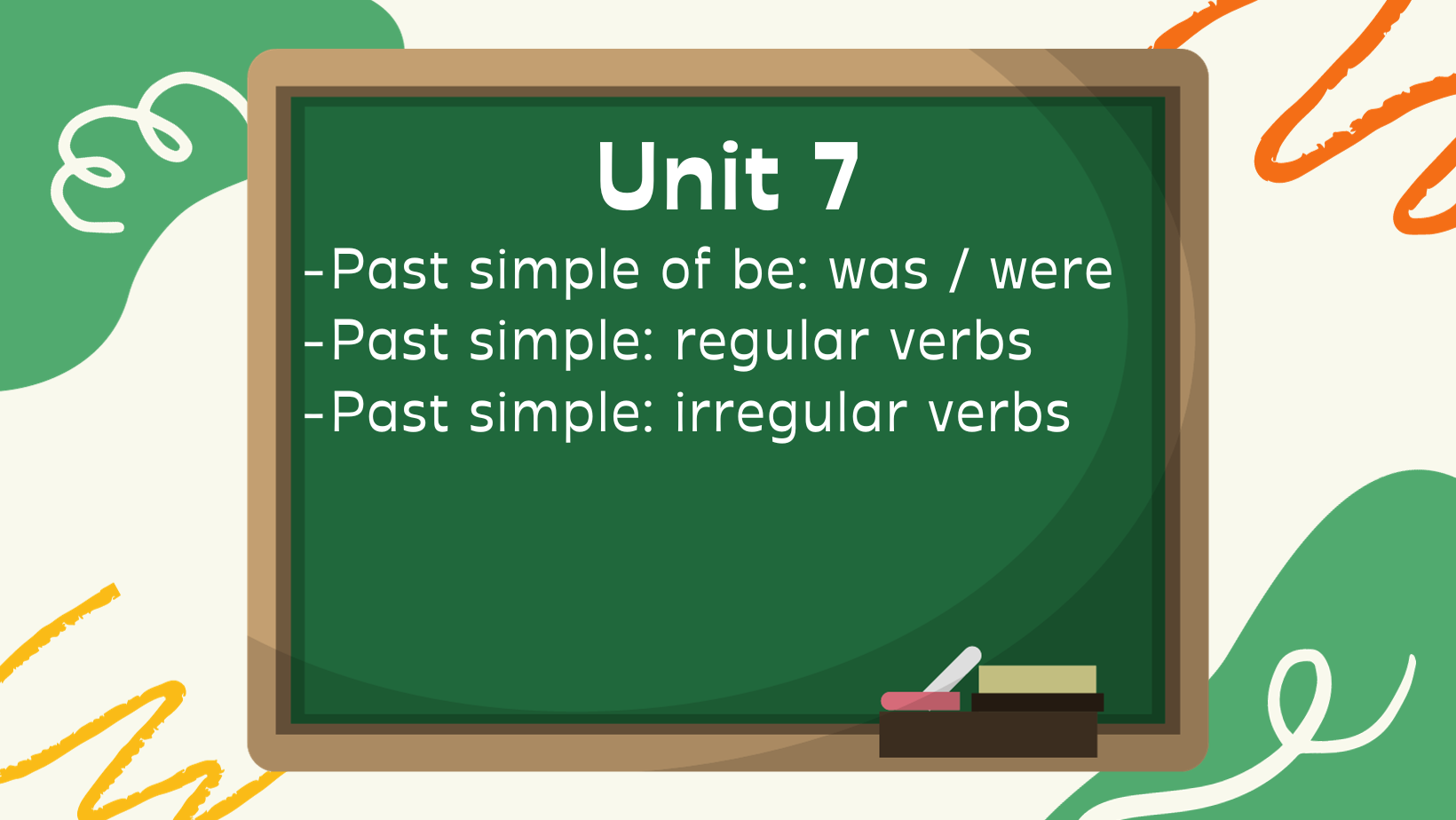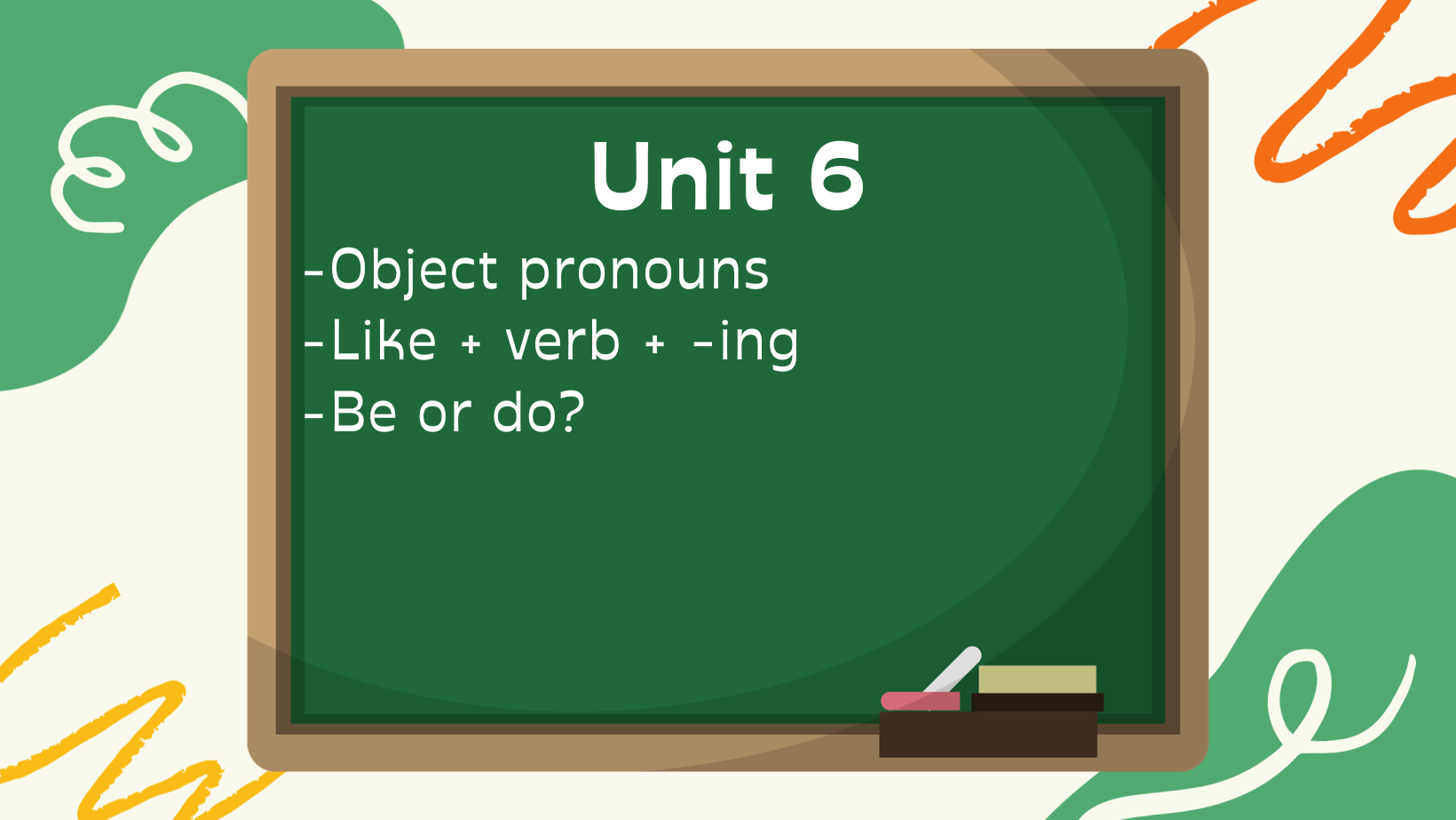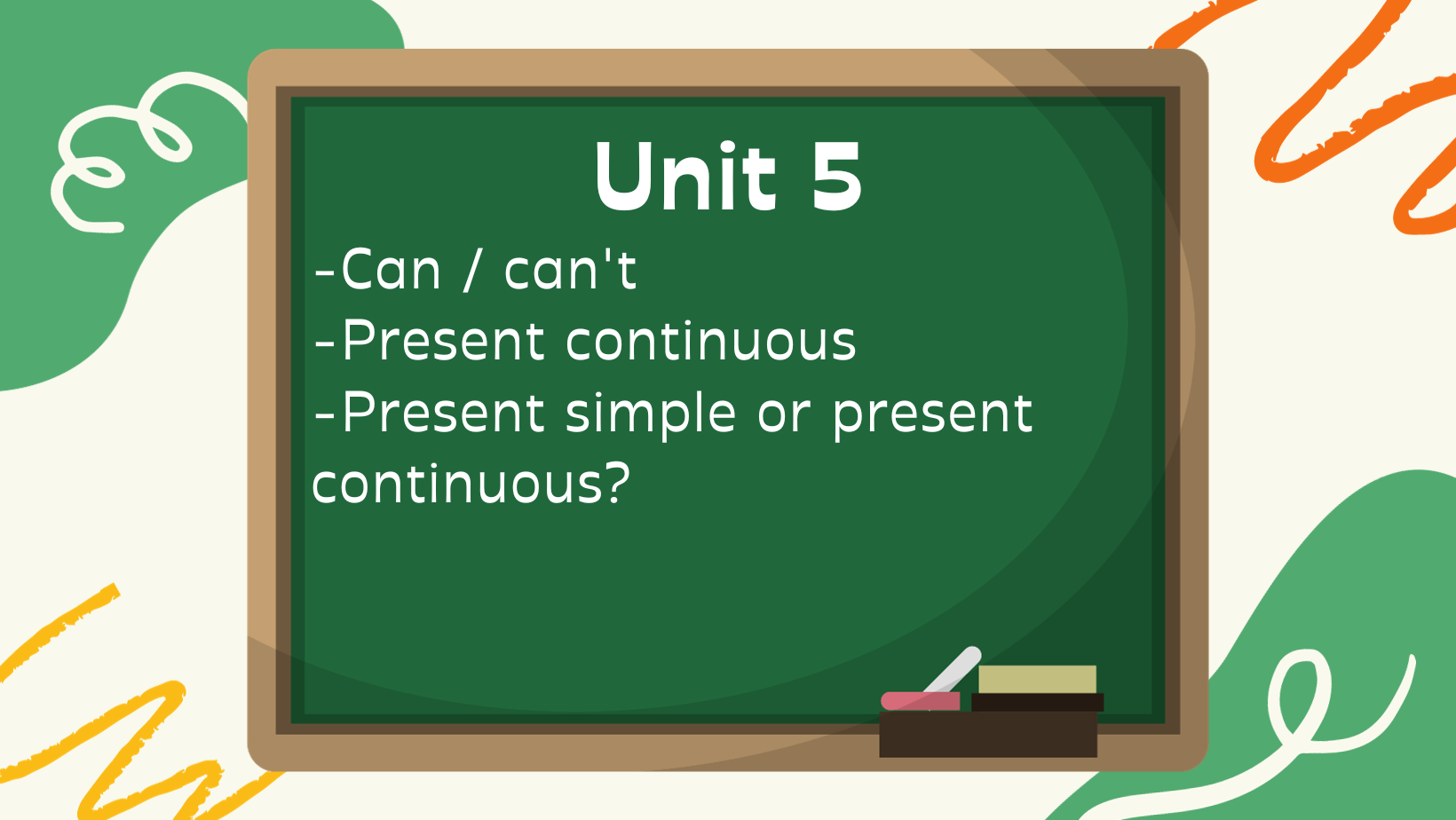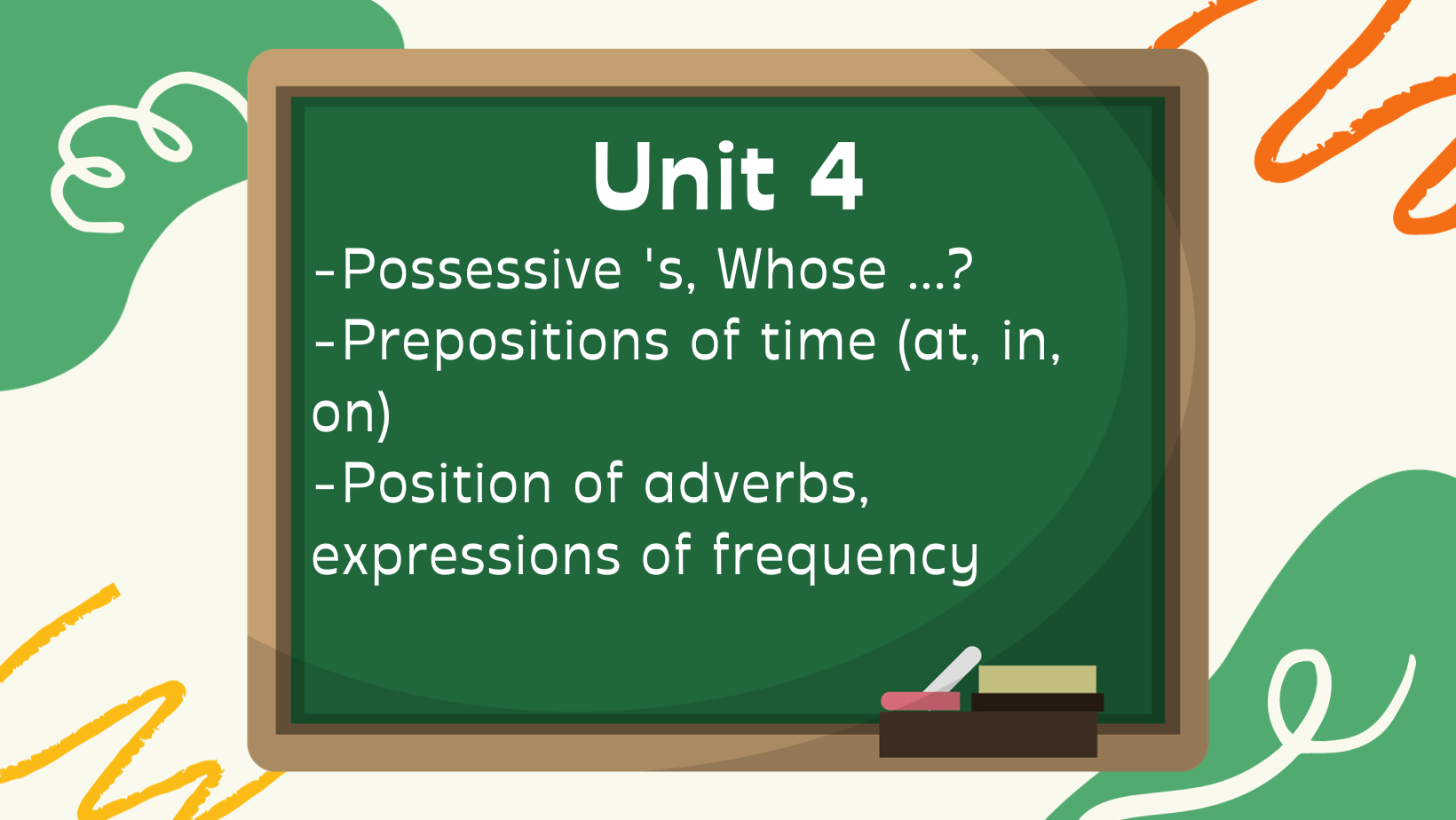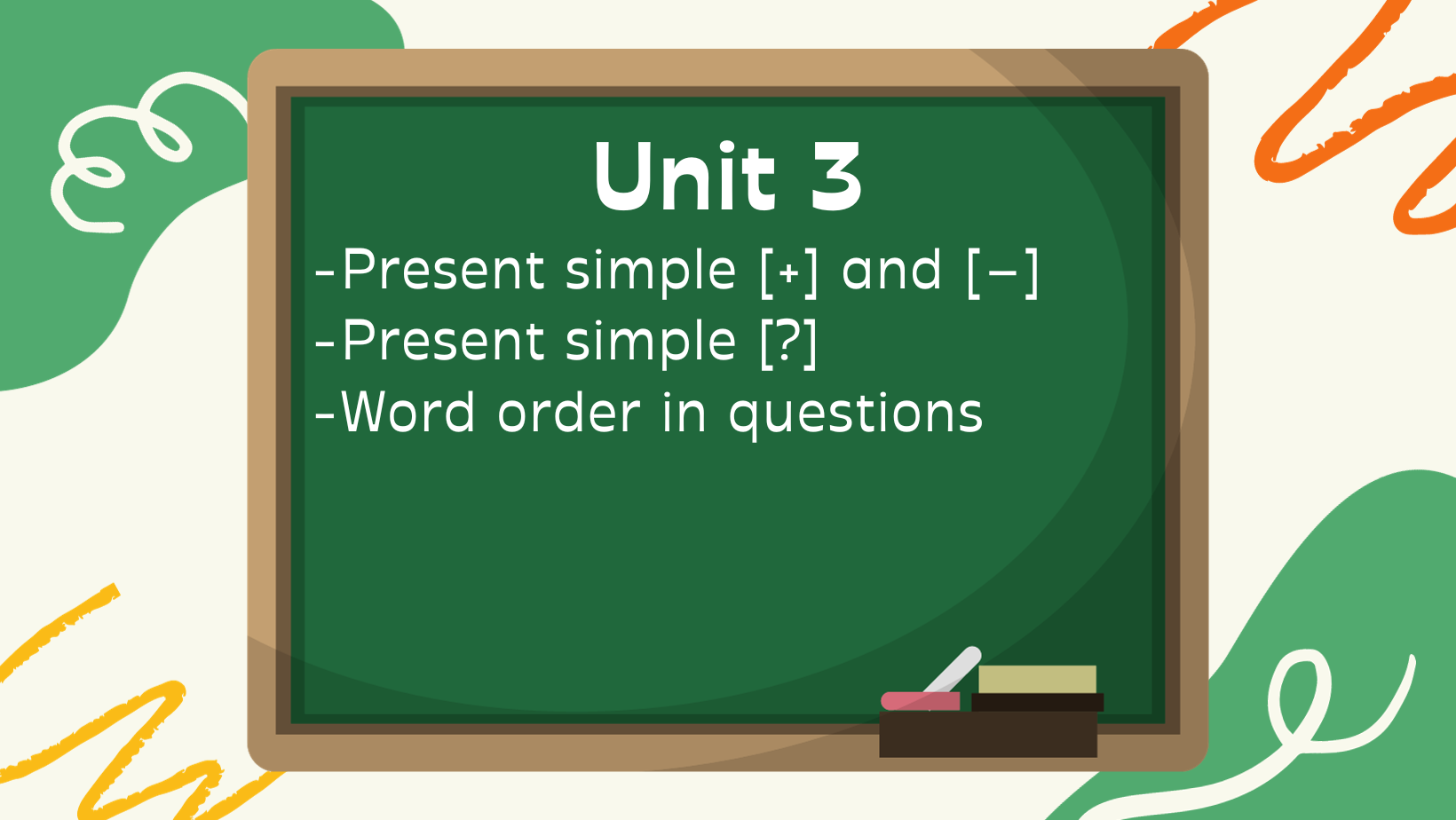Unit 6
Will / won't (predictions)
EXAMPLES
- A I'm seeing Jessica at 8.00. B She'll be late.
The film's in French. We won't understand anything. - It's a great book. I'm sure you'll likee it.
I don't think it'll raine tomorrow.
FORM
Contractions: 'll = will; won't = will not
- We often use will / won't for future predictions, i.e. to say things we think, guess or know about the future.
- We often use I think / I don't think / I'm sure with will.
I think he'll fail the exam.I don't think he'll pass. NOT I think he won't pass.
- We use will / won't for all persons, e.g.
I'll be late. I won't be late.
Will you be late? Yes, I will. / No, I won't.
Will / won't / shall (other uses)
EXAMPLES
Decisions
I won't stay for dinner. I think I'll go home early.
Offers
I'll help you with your homework. Shall I open the window?
Promises
I'll always love you. I won't tell anybody.
FORM
- We use will / won't + infinitive for making instant decisions, offers, and promises.
We don't use the present tense.
I'll help you with those bags. NOT I help you with those bags. - When an offer is a question, we use Shall I ...? or Shall we ...?
Shall I pay? Shall we do the washing-up?
Review of verb forms: past, present, future
Present simple
FORM:
I live in the city centre. She doesn’t smoke.
USE:
Things that always or usually happen
Present continuous
FORM:
He’s looking for a new job. I’m leaving tomorrow.
USE:
Things that are happening now or around now; things that we have arranged for the future
Past simple
FORM:
We saw a good film last night. We didn’t do anything yesterday.
USE:
Finished actions that happened once or more than once in the past
Past continuous
FORM:
He was working in Paris. What were you doing at 7.00?
USE:
Actions that were in progress at a past time
Be going to + infinitive
FORM:
I’m going to see Tom tonight. Look! It’s going to snow.
USE:
Future plans; predictions when we know / can see what’s going to happen
Will / won’t + infinitive
FORM:
You’ll love New York. I’ll phone her later. I’ll help you. I’ll pay you back tomorrow.
USE:
Predictions; instant decisions; offers; promises
Present perfect
FORM:
I’ve finished the book. Have you ever been to Iran?
USE:
Recently finished actions (we don’t say when); past experiences
Lessons
